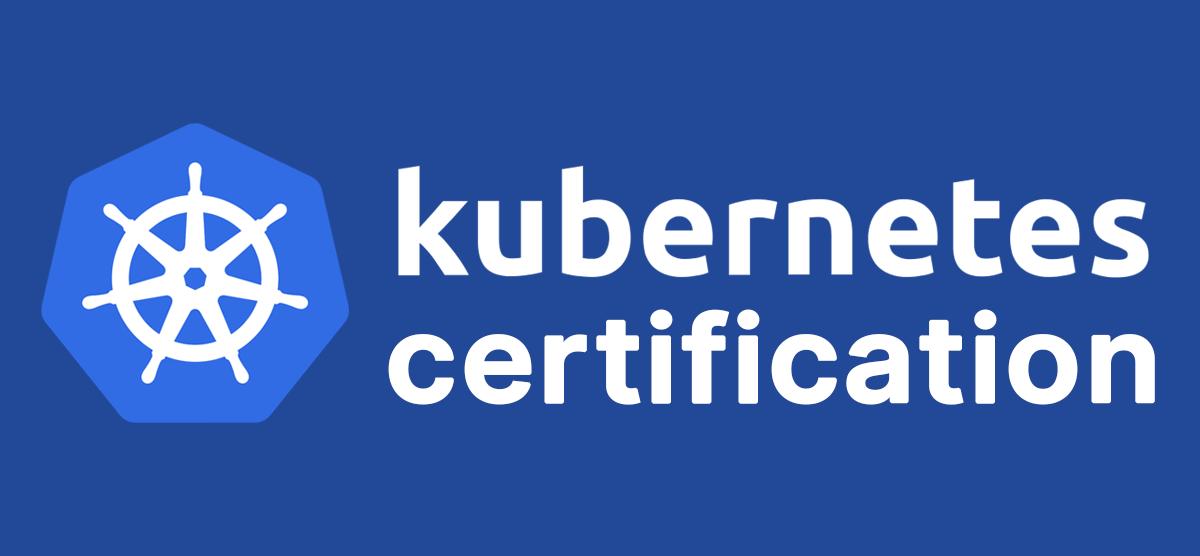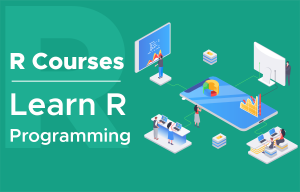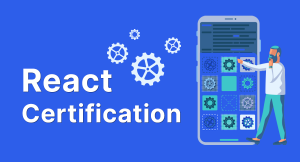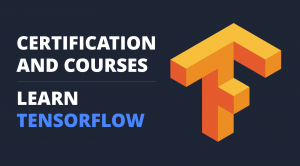
Kubernetes Certification: Training and Courses
The goal of this article is to teach you about the available Kubernetes certification from the Linux Foundation and which one may be most suitable for your career needs.
Kubernetes is one of the most utilized and powerful tools for deploying and scaling containerized applications.
It has become the number one open-source system for managing container workloads on a cluster of machines, allowing anyone to manage these apps easily with the help of containers.
Kubernetes was initially developed by Google and is now maintained by the Cloud Native Computing Foundation.
1. Certified Kubernetes Administrator (CKA) Course and Exam

The Linux Foundation Certified Kubernetes Administration (CKA) Bundle consists of both the LFS258 course and the CKA exam at a discounted price.
This bundle is designed to give you the right credentials to become a Certified Kubernetes Administration, from installation and configuration to creating Kubernetes clusters and monitoring your applications.
Kubernetes Fundamentals (LFS258) Course
Learning about Kubernetes is a critical aspect of any cloud administrator or IT professional job. This course teaches students how to work with Kubernetes in a hands-on environment, exploring its core concepts and features.
The Kubernetes Fundamentals (LFS258) covers a high-level overview of the key concepts and use cases of Kubernetes, as well as how to install and maintain Kubernetes clusters.
Additionally, students will also learn how to take advantage of some of the advanced features such as scheduling, ingresses, networking options, security, and more.
PROS
CONS
EXAM DOMAINS AND COMPETENCIES
This exam certification will certify that you have the necessary knowledge to administer Kubernetes in the following areas and domains:
- Storage – 10%
- Troubleshooting – 30%
- Workloads & Scheduling – 15%
- Cluster Architecture, Installation & Configuration – 25%
- Services & Networking – 20%
Even if you don’t pass on the first try, you will have 2 attempts to complete the CKA exam. Plus, it has an exam simulator with practice questions, which we recommend taking before the exam.
VERDICT
To learn Kubernetes, you can enroll in a Certified Kubernetes Administration (CKA) Bundle provides the most value with both a course and exam. The CKA course and exam gears you towards providing you with the learning path for the CKA type of Kubernetes certification.
| Instructor | Linux Foundation |
| Duration | 35 hours of Course Material |
| Certification | Certified Kubernetes Administrator (CKA) |
| Level | Intermediate |
| Skills Acquired | Basics of Kubernetes, Installation, Configuration, Architecture, APIs, Access, OPI Objects, Managing State with Deployments, Volumes and Data, Services, Helm, Ingress, Scheduling, Logging Troubleshooting, and Security |
2. Certified Kubernetes Application Developer (CKAD) Course and Exam

Learn how to develop with Kubernetes with the Certified Kubernetes Application Developer (CKAD) Bundle course and exam. This certification will enable you to start developing solutions with the Kubernetes container orchestration system to build and deploy cloud-native applications.
With the growing adoption of microservices and their supporting infrastructure, there’s never been a better time to learn Kubernetes. The Certified Kubernetes Application Developer (CKAD) course and exam is the perfect way to start your journey into the field as a cloud engineer or IT administrator.
Kubernetes for Developers (LFD259) Course
During this hands-on course, you’ll learn how to deploy and maintain large-scale applications on Kubernetes, as well as how to implement best practices for high availability, security, and resource management.
In this 35-hour course with hands-on labs and exercises, you will learn beyond the basics of Kubernetes by configuring an application in a multi-node cluster.
By programming a Python script, you will build and troubleshoot scalable applications using Kubernetes. But as a prerequisite, you should already be familiar with coding languages like Python, Node.js, or Go.
PROS
CONS
EXAM DOMAINS AND COMPETENCIES
This program will take you through 35 hours of coursework, online self-paced labs, and video content to help prepare you for the CKAD exam.
- Application Design and Build – 20%
- Application Deployment – 20%
- Services & Networking – 20%
- Application Observability and Maintenance – 15%
- Application Environment, Configuration and Security – 25%
Similar to the CKA exam, you get one retake just in case you can’t pass on the first try. Upon completion, the certification is valid for 3 years with a PDF certificate and digital badge.
VERDICT
If you’re interested in developing applications using Kubernetes technologies, the Linux Foundation has released a Certified Kubernetes Application Developer (CKAD) Bundle with course and exam. During the CKAD program, you’ll build competency in application design, deployment, services, networking, and more.
| Instructor | Linux Foundation |
| Duration | 35 hours of Course Material |
| Certification | Certified Kubernetes Application Developer (CKAD) |
| Level | Intermediate |
| Skills Acquired | Kubernetes Architecture, Build, Design, Deployment Configuration, Security, Exposing Applications, and Application Troubleshooting |
3. Certified Kubernetes Security Specialist (CKS) Course and Exam

This course will teach you everything you need to know to meet all the requirements of the Certified Kubernetes Security Specialist (CKS) exam. This bundle includes both the Kubernetes Security Essentials (LFS260) and CKS exam for container-based applications with a focus on security.
This is an online self-paced Certified Kubernetes Security Specialist (CKS) Bundle that will give learners a deeper understanding of Kubernetes security best practices and tactics. The CKS exam is one of the most sought-after certifications in Kubernetes security, and it can help build your reputation as a highly-skilled expert in this field.
Kubernetes Security Essentials (LFS260) Course
The Kubernetes Security Essentials (LFS260) course gives participants a comprehensive overview of the latest vulnerability information, mitigation, and best practices so they can confidently deploy Kubernetes in their environment without sacrificing security.
By the end of this course, you will have learned how to secure your cluster from vulnerabilities with efforts such as cluster/system hardening, supply chain security, as well as minimizing microservice vulnerabilities.
This is the perfect course for people who want to learn how to secure Kubernetes clusters. This flexible and extensible framework is quickly becoming the industry standard for managing and securing containers in production environments.
PROS
CONS
EXAM DOMAINS AND COMPETENCIES
This type of Kubernetes certification will validate your knowledge of best practices and secure development practices in how to design, operate, maintain and secure a Kubernetes cluster.
- Cluster Setup – 10%
- Cluster Hardening – 15%
- System Hardening – 15%
- Minimize Microservice Vulnerabilities – 20%
- Supply Chain Security – 20%
- Monitoring, Logging and Runtime Security – 20%
You will have the opportunity to try the exam simulator, which will give you a bit of practice before the exam. If you don’t pass the exam on your first try, you have the chance for one retake.
VERDICT
This course gives you the knowledge and skills needed to be ready for the Certified Kubernetes Security Specialist exam. You will be able to complete this course in an online format to best suit your needs and schedule. With the Certified Kubernetes Security Specialist (CKS) Bundle, you’ll learn techniques on how to keep your Kubernetes clusters safe and secure as well as log any security events.
| Instructor | Linux Foundation |
| Duration | 26-30 hours of Course Material |
| Certification | Certified Kubernetes Security Specialist (CKS) |
| Level | Intermediate |
| Skills Acquired | Cloud Security, Installing the Cluster, Securing the kube-apiserver, Networking, Workload Considerations, Issue Detection, and Domain Review |
Kubernetes Certification: Training and Courses
Today, we’ve shared Kubernetes certification courses and exams, which are the quickest and most convenient ways to learn how to use Kubernetes.
In these courses, you will learn to manage and deploy containers, develop applications, and build secure clusters with Kubernetes certification.
Get certified in this exciting new field and you’ll have access to the skills that you’ll need to succeed in this fast-growing industry.
Certified Kubernetes professionals are in high demand so enroll today and get certified today!













